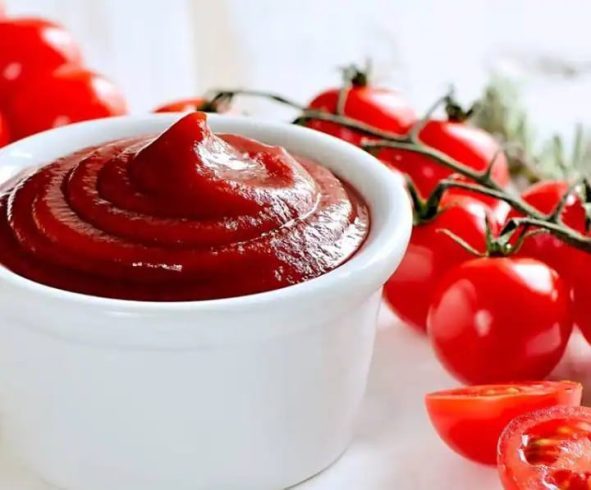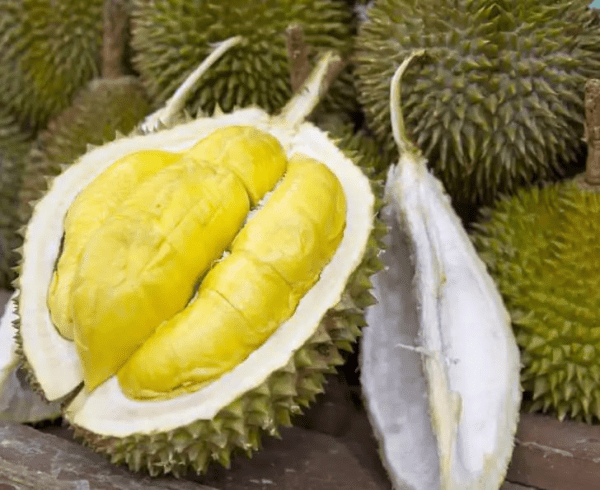Each country sets its own rules, and if you follow them, your visit will go smoothly. Therefore, when traveling abroad, it’s worth familiarizing yourself not only with the fundamental laws but also with the permitted foods. Surprisingly, in some countries, even familiar foods are banned. The reasons for these restrictions can be logical—and sometimes they’re amusing.
M&M’s
Banned in: Sweden
Reason: Trademark dispute
Over the past 80 years, M&M’s have evolved from a new chocolate brand to one of the most popular in the world. However, they are not sold in Sweden. This is due to a dispute between Mars and local manufacturer Mondelez, which produces similar chocolate nuts under the “M” brand. Due to the similarity of the logos, the court sided with the Swedish company, and M&M’s was banned from sale in the country.

Undercooked burgers.
Banned in: New Zealand and some regions of the UK
Lovers of “rare” steaks will have to curb their appetites—in these countries, serving meat rarer than medium is prohibited due to the risk of bacterial contamination. However, residents can cook meat at home to their liking after purchasing it from a butcher.

Chewing gum.
Banned in: Singapore
Reason: Cleanliness and order
Chewing gum has been banned in Singapore since 1992 to maintain the cleanliness of the streets. Only medical use with a doctor’s prescription is permitted. Violations carry a fine of up to €85,000 or even imprisonment.

Ketchup.
Banned in: Schools in France
Reason: Protection of national cuisine
In France, ketchup has been banned from school canteens, as it is believed to interfere with children’s ability to recognize the flavors of traditional French dishes. This is the country’s way of protecting its gastronomic culture.

Beluga caviar.
Banned in: USA
Reason: Endangered Species Protection
Since 2005, the beluga sturgeon has been listed as an endangered species, so its caviar (“black gold”) is banned in the USA. Only other types of caviar that pose no threat to wildlife are permitted.

Kinder Surprise Chocolate Eggs
Banned in: USA
Reason: Danger to Children
Since the 1960s, the USA has banned chocolate eggs with toys inside due to the risk of choking. Only in 2018 was an alternative, Kinder Joy, permitted, where the toy and the candy are separated.

Durian Fruit
Banned in: Singapore
Reason: Pungent Smell
Although durian is prized for its creamy texture and sweet taste, its odor is so unpleasant that it has been banned from consumption and transportation in public places.

Red Bull.
Banned in: Denmark and Norway
Reason: Health hazard
Due to its high caffeine and taurine content, this energy drink was temporarily banned in some countries to prevent adverse health effects.

Raw bitter almonds.
Banned in: USA
Reason: Health regulations
US food safety standards prohibit the sale of raw almonds because they may contain cyanide. Only processed or roasted nuts are permitted.

Chilean sea bass (Patagonian toothfish).
Banned in: Most countries
Reason: Overfishing and population decline
This fish became popular after rebranding, but mass fishing led to the species’ extinction. Its import is now permitted only with a certificate of sustainable fisheries.

When traveling, remember: knowing local regulations will help you avoid trouble and fines, and also show respect for the country’s culture.

 Discuss
➜ Read more
Discuss
➜ Read more